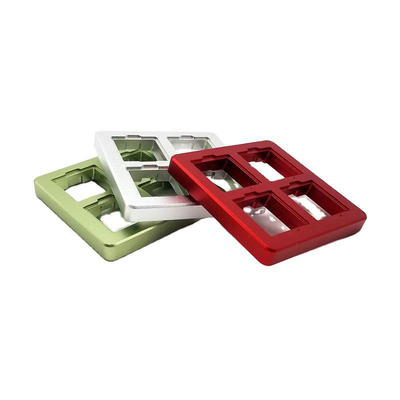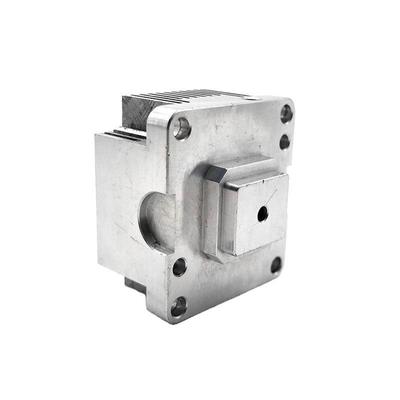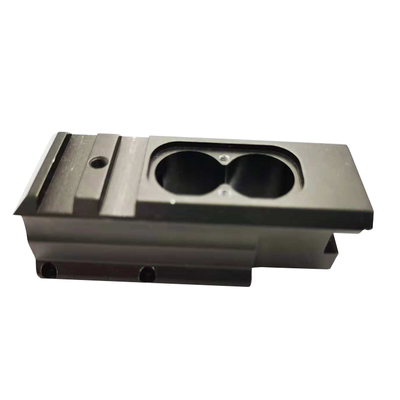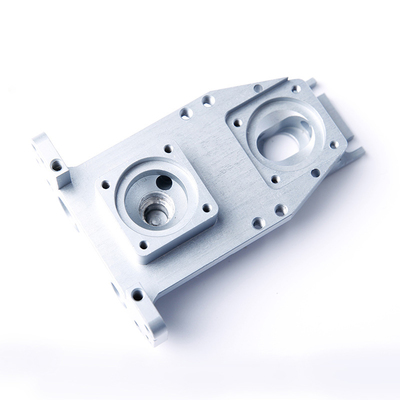What can AI and 3D printing bring to the medical industry?
The manufacturing industry has undergone revolutionary changes due to technological development. However, pharmaceutical companies have only just begun to see the potential for innovative product creation. The potential benefits of technology in the field of healthcare are huge, and revolutionary technology is removing obstacles to cost-effective, efficient, and tailor-made pharmaceutical production methods.
A study by the London Stock Exchange showed that the cost of bringing a new drug to the market was as high as US$985 million. This is reflected in the costs paid by insurance companies and end users. Speeding up technological progress to reduce costs is necessary, and innovation is the key. Here, let’s take a look at technology, which is allowing a revolution in the pharmaceutical manufacturing industry.
Although the medical world is no stranger to the miracle of 3D printing, the pharmaceutical manufacturing industry has not kept up with the trend. 3D printed teeth and prostheses have been commonly used in the medical industry to help patients. However, there is a clear lack of approved 3D printed pharmaceutical products in the US market.
Medicines can be produced by 3D printing. This has some interesting benefits, including unique tailoring to the needs of specific patients.

In 2015, the US FDA approved the first drug produced through 3D printing. The precision of this machine allows the manufacturer to make pills with high drug loading. In one dose, patients are now able to receive 1,000 mg of levetiracetam. This is a revolutionary treatment for patients with epileptic seizures. However, since then, progress has been limited due to the high cost of this method.
Although owning a 3D printer in a local pharmacy is a future concept, the concept of additive medicine is pushing the industry toward a future where everyone's disease can be solved individually.
The pharmaceutical industry goes beyond itself to find inspiration when innovating. Of course, automation has played an important role in manufacturing for nearly a century. For example, in the automobile manufacturing industry, automation is used to reduce costs and better perform complex tasks. Now, pharmaceutical companies are also looking for the same method.
Previously, scientists have been constrained by the manual task of personal genome testing. However, automation enables manufacturers to access large amounts of data, enabling them to create unique molecular profiles for customers and provide them with the best service.
Of course, the technology in the workplace must be safe, especially in the medical field. The use of electrical enclosure boxes (such as these) ensures that operators are safe when handling electrical machinery and maintain strict hygiene practices.
Artificial intelligence is common in many fields. In general manufacturing, it can organize data and calculate the most effective process. In this way, products can be created and the entire process can be optimized. In the pharmaceutical manufacturing industry, the process of pharmaceutical engineering can be improved through digital transformation.
Machine learning, by accessing patient data, can compare the effectiveness of personal data and medications. By doing so, manufacturers can adjust their drugs to improve the prediction of drug demand and efficacy. This allows pharmacists to prioritize medicines and modify their ingredients to achieve maximum effect. This has universal benefits for everyone.
This technique can even be used to simulate real experiments. By predicting experimental results, technology will be able to predict which drugs are most effective. It can also point out which projects the pharmaceutical manufacturer should work on, and they can even calculate the cost and source of raw materials to complete these tasks.
The medicines are continuously improved, and new medicines for the treatment of various diseases have been produced. The innovation of pharmaceutical engineering technology enables the production of personalized medicines for customers who need special attention, while reducing production costs. Likewise, the attention and precision of technologies, including machine learning and automation, enable people to create more precise medicines for everyone’s benefit.
Link to this article: What can AI and 3D printing bring to the medical industry?
Reprint Statement: If there are no special instructions, all articles on this site are original. Please indicate the source for reprinting:https://www.cncmachiningptj.com/,thanks!
 3, 4 and 5-axis precision CNC machining services for aluminum machining, beryllium, carbon steel, magnesium, titanium machining, Inconel, platinum, superalloy, acetal, polycarbonate, fiberglass, graphite and wood. Capable of machining parts up to 98 in. turning dia. and +/-0.001 in. straightness tolerance. Processes include milling, turning, drilling, boring, threading, tapping, forming, knurling, counterboring, countersinking, reaming and laser cutting. Secondary services such as assembly, centerless grinding, heat treating, plating and welding. Prototype and low to high volume production offered with maximum 50,000 units. Suitable for fluid power, pneumatics, hydraulics and valve applications. Serves the aerospace, aircraft, military, medical and defense industries.PTJ will strategize with you to provide the most cost-effective services to help you reach your target,Welcome to Contact us ( sales@pintejin.com ) directly for your new project.
3, 4 and 5-axis precision CNC machining services for aluminum machining, beryllium, carbon steel, magnesium, titanium machining, Inconel, platinum, superalloy, acetal, polycarbonate, fiberglass, graphite and wood. Capable of machining parts up to 98 in. turning dia. and +/-0.001 in. straightness tolerance. Processes include milling, turning, drilling, boring, threading, tapping, forming, knurling, counterboring, countersinking, reaming and laser cutting. Secondary services such as assembly, centerless grinding, heat treating, plating and welding. Prototype and low to high volume production offered with maximum 50,000 units. Suitable for fluid power, pneumatics, hydraulics and valve applications. Serves the aerospace, aircraft, military, medical and defense industries.PTJ will strategize with you to provide the most cost-effective services to help you reach your target,Welcome to Contact us ( sales@pintejin.com ) directly for your new project.
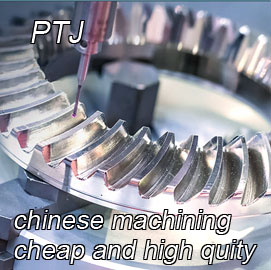
- 5 Axis Machining
- Cnc Milling
- Cnc Turning
- Machining Industries
- Machining Process
- Surface Treatment
- Metal Machining
- Plastic Machining
- Powder Metallurgy Mold
- Die Casting
- Parts Gallery
- Auto Metal Parts
- Machinery Parts
- LED Heatsink
- Building Parts
- Mobile Parts
- Medical Parts
- Electronic Parts
- Tailored Machining
- Bicycle Parts
- Aluminum Machining
- Titanium Machining
- Stainless Steel Machining
- Copper Machining
- Brass Machining
- Super Alloy Machining
- Peek Machining
- UHMW Machining
- Unilate Machining
- PA6 Machining
- PPS Machining
- Teflon Machining
- Inconel Machining
- Tool Steel Machining
- More Material

